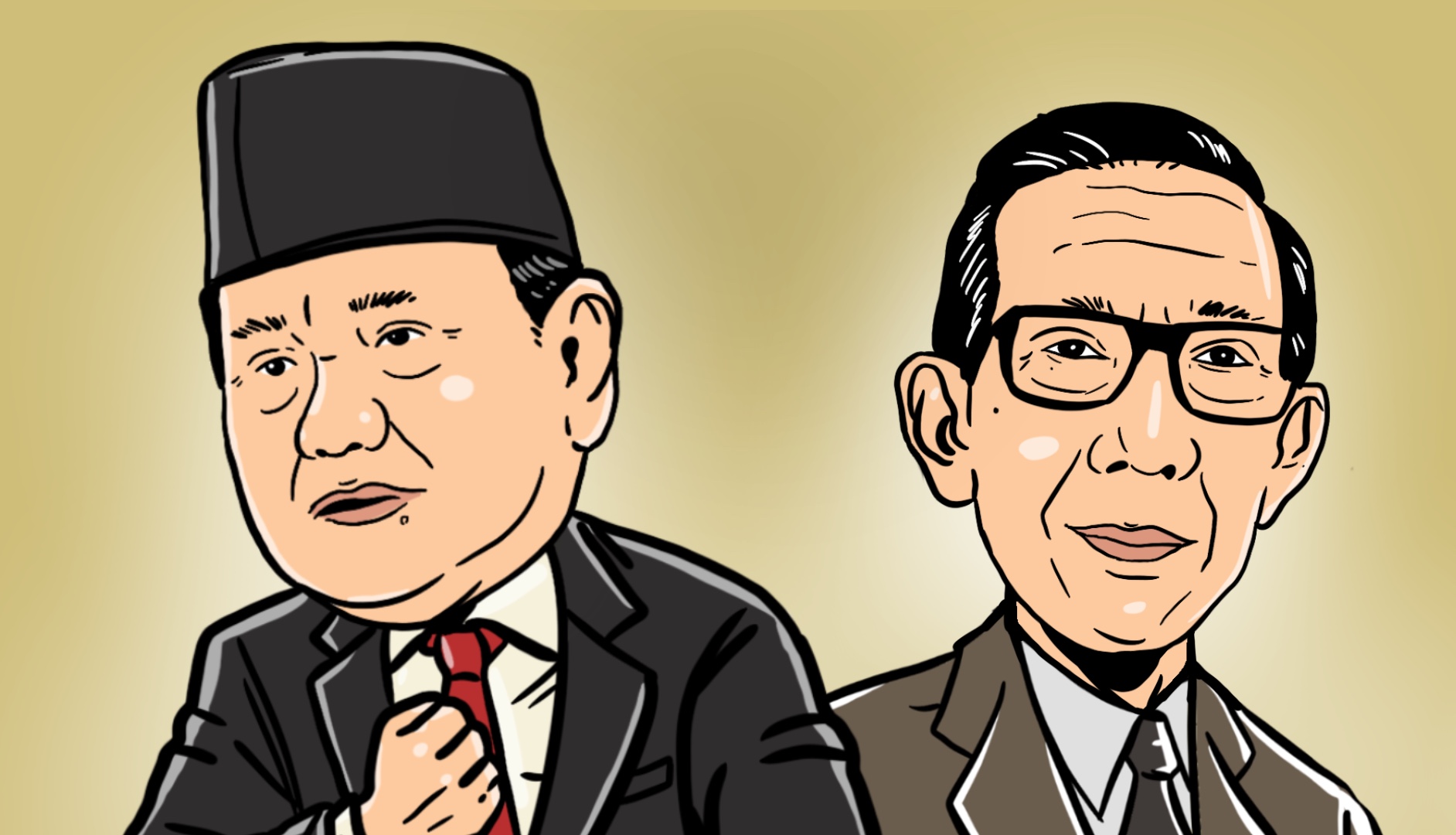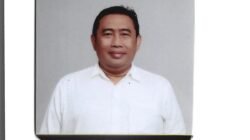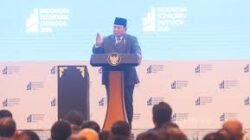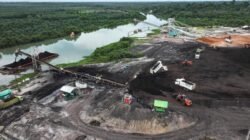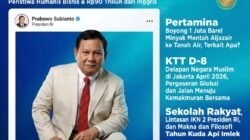Indonesiantalk.com — The Economic Vision of Prof. Soemitro and the Birth of Danantara: A Long-Awaited Dream in a New Format
The establishment of the Badan Pengelola Investasi Daya Anagata Nusantara (BPI Danantara) marks a historic milestone in Indonesia’s economic development.
Behind the formation of this state-owned super holding lies a profound inspiration drawn from the economic philosophy of Indonesia’s most revered economist, Prof. Soemitro Djojohadikusumo.
His vision emphasized economic development rooted in national interest, sustainability, and the people’s welfare.
The Intellectual Legacy of Soemitro
Prof. Soemitro was a pragmatic economist who believed that economic policy should be based on rational analysis and grounded in reality—not just ideology. For him, development was not only about growth, but also about justice, equity, and social sustainability.
His thinking was ahead of its time. Soemitro once proposed the creation of an investment trust and guarantee fund—institutions aimed at managing and securing national investment. Unfortunately, this brilliant idea never came to fruition during the New Order era.
Ironically, Malaysia was the one to bring this concept to life through the creation of Khazanah Nasional Berhad in 1993—a sovereign wealth fund that now oversees many of Malaysia’s strategic assets.
Danantara: The Power of Indonesia’s Future
Today, Soemitro’s long-held vision is being realized by none other than his son, President Prabowo Subianto. Danantara—a name derived from “daya” (power/energy) and “anagata” (future)—carries a bold mission: to manage the nation’s wealth beyond the conventional state budget (APBN) and transform it into a formidable economic force for the future.
Danantara was officially launched at the Presidential Palace on February 24, 2025. The institution is tasked with consolidating the assets of seven major state-owned enterprises: Bank Mandiri, BRI, BNI, PLN, Pertamina, Telkom, and MIND ID.
Together, these represent an asset under management (AUM) of more than USD 900 billion—equivalent to approximately IDR 14,724 trillion.
But this is more than just consolidation. It’s a transformation. By managing these assets professionally and efficiently, Danantara aims to create synergy among SOEs and support long-term strategic projects.
Adopting Global Best Practices, Building a National Roadmap
In designing Danantara, President Prabowo didn’t just look to Khazanah. He also studied the success of Temasek Holdings in Singapore and drew lessons from Deng Xiaoping’s post-1978 reforms, which built hundreds of Chinese SOEs to develop the country’s vast natural resources.
Today, 82 Chinese state-owned companies are listed in the Fortune Global 500. This shows that state ownership of strategic assets can be compatible with efficiency and professionalism.
Danantara is envisioned to play a similar role for Indonesia. With a robust and flexible structure, it will not only manage investments but also support downstream industrialization, human capital development, and the strengthening of national economic resilience.
Driving Investment, Realizing a Vision
Danantara is far from a passive entity. In the few months since its inception, the institution has successfully attracted more than USD 7 billion in investments (roughly IDR 112.7 trillion) from countries including Qatar, Russia, China, and Australia.
The most significant partnership so far is with ACWA Power from Saudi Arabia, involving a staggering USD 10 billion (IDR 162 trillion) investment in renewable energy development.
Danantara CEO Rosan Roeslani described this collaboration as a major step toward Indonesia’s 2060 net zero emissions target and a powerful example of economic diplomacy on the global stage.
Not Just Investment Management, But a National Economic Vision
Backed by a strong legal foundation—through the third amendment to Law No. 19/2003 on State-Owned Enterprises—Danantara is not merely an investment manager.
It is designed to be the architect of Indonesia’s economic future, with a mandate to support:
-Downstream processing of natural resources
-Development of strategic infrastructure
-Human capital and technology advancement
-National productivity enhancement
True to Prof. Soemitro’s spirit, Danantara aims to finance endeavors that increase per capita income and productivity. Capital and expertise are the two main pillars it leverages to drive inclusive and just economic growth.
Prabowo’s Legacy for the Nation
Danantara is not just an economic policy initiative—it is a bold expression of a dream realized. President Prabowo Subianto is not only continuing his father’s intellectual legacy, but actively working to build an economy that ensures upward mobility, equal opportunity, and social justice.
Amid global uncertainty and domestic development challenges, Danantara is expected to become the spearhead of Indonesia’s economic transformation—not just for the current generation, but for the future of the nation’s children and grandchildren.
As Prabowo himself stated, the ultimate goal of Danantara is not merely to generate profit, but to ensure that the country’s wealth is managed in the best way possible—for the welfare of all Indonesians. This is a major leap toward building a sovereign, fair, and sustainable national economy.

